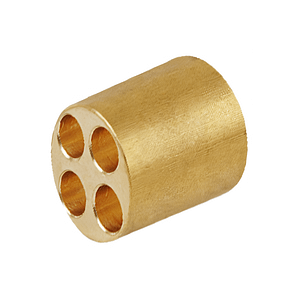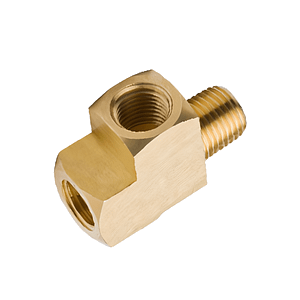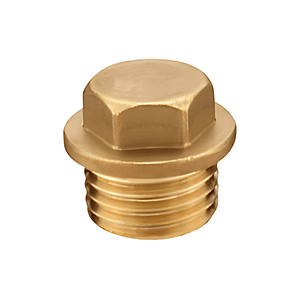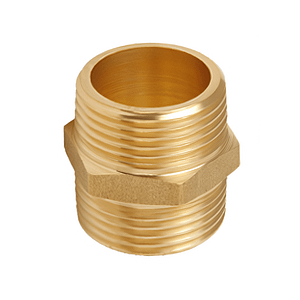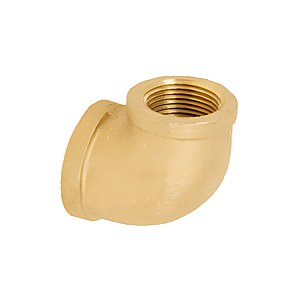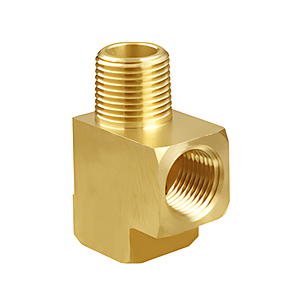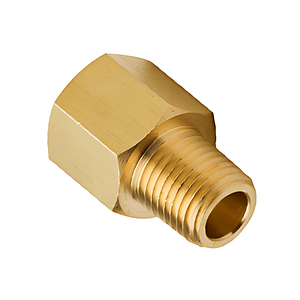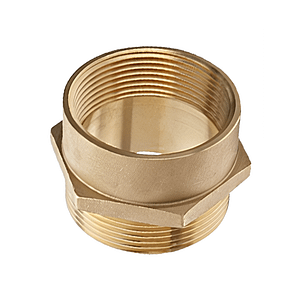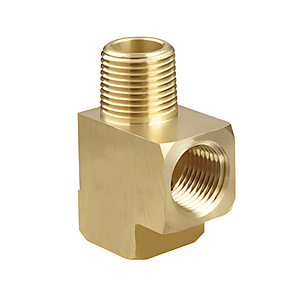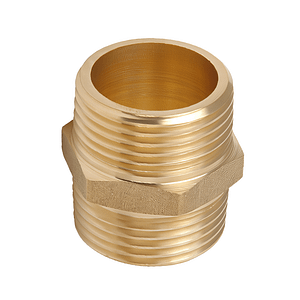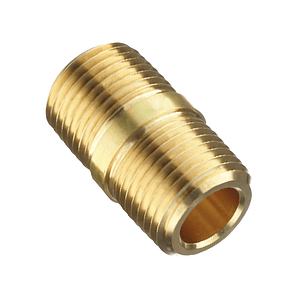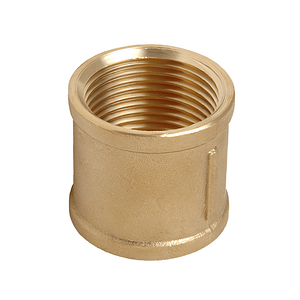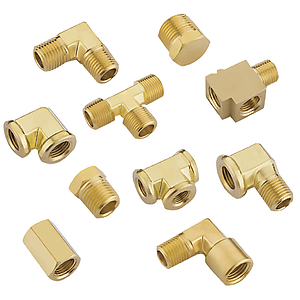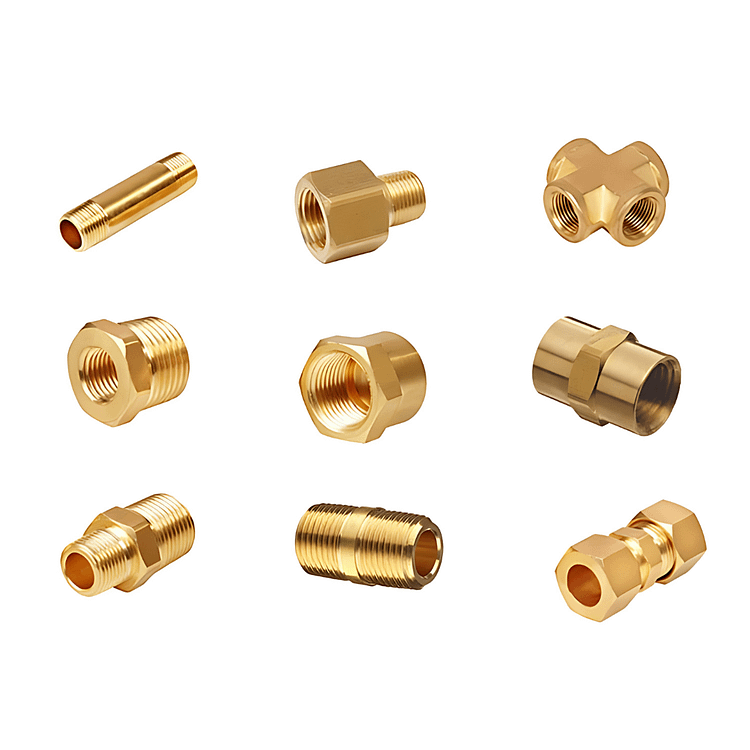
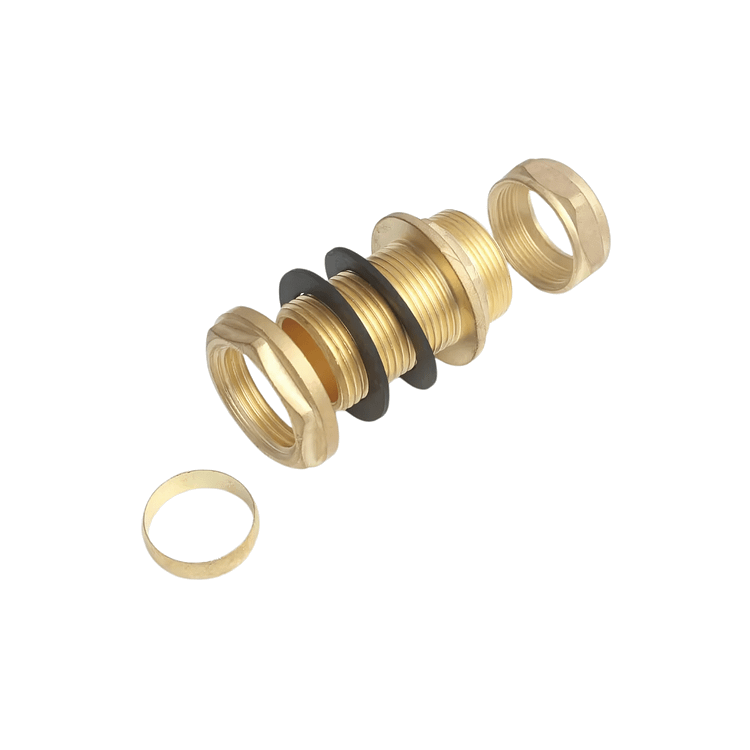
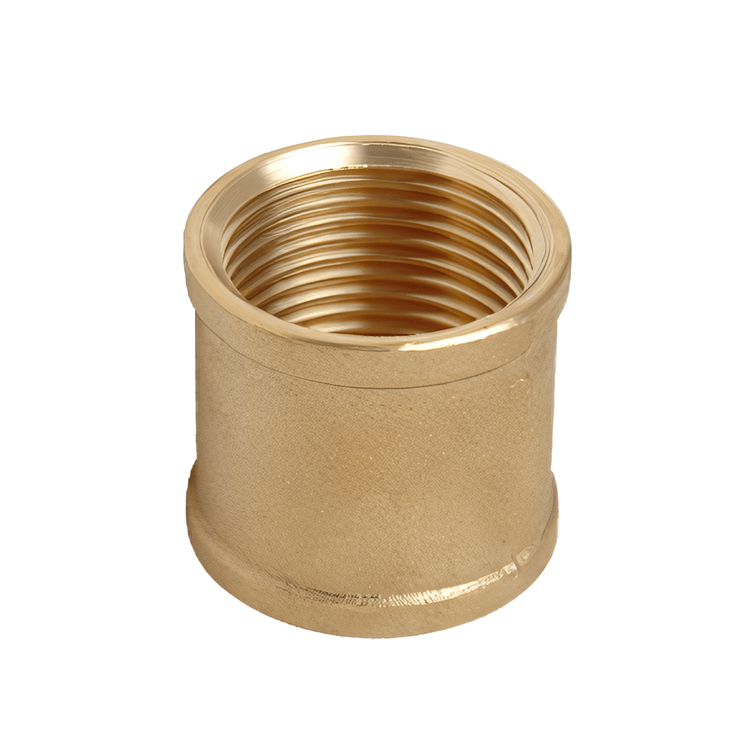
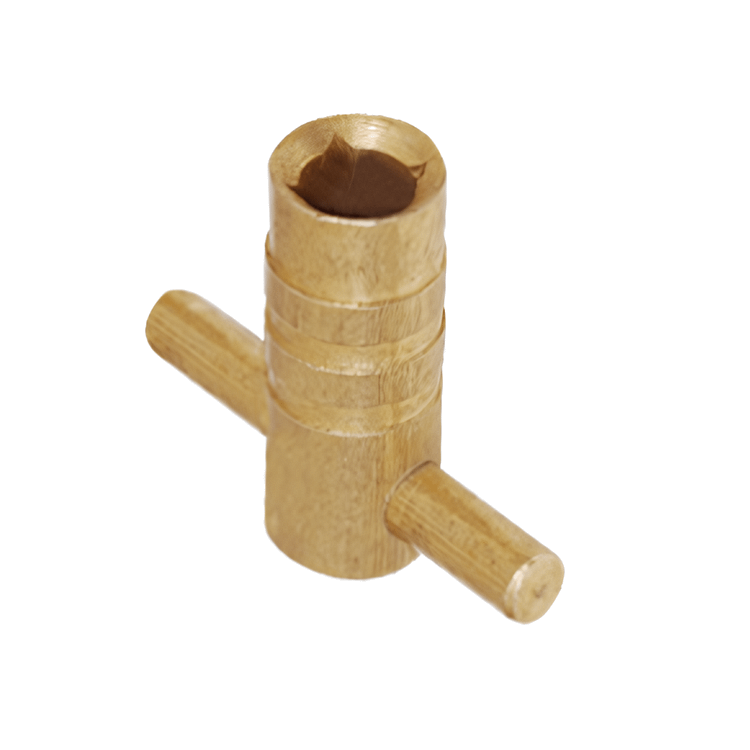
Brass Plumbing Fittings for Reliable Water and Heating Systems
Brass plumbing fittings are critical components used to connect pipes, valves and fixtures in water, heating and gas plumbing systems. Made from high‑quality copper‑zinc alloys, these fittings combine durability, corrosion resistance and design flexibility, making them a preferred choice for residential, commercial and light‑industrial installations worldwide.
Durability and Mechanical Strength
Brass offers an excellent balance of tensile strength and toughness, allowing brass plumbing fittings to perform reliably under pressure, thermal cycling and mechanical stress. Well‑designed brass fittings:
- Withstand high line pressures and varying temperatures without deforming
- Maintain thread integrity during installation and maintenance
- Provide long‑lasting, leak‑free connections in domestic and commercial plumbing
This durability supports safer, more stable plumbing networks with fewer failures and call‑backs.
Superior Corrosion Resistance in Water Systems
Unlike many ferrous fittings, brass does not rust when exposed to water and typical plumbing environments. Its inherent corrosion resistance makes brass plumbing fittings ideal for:
- Potable and non‑potable water supply lines
- Plumbing systems in areas with hard or chemically treated water
- Installations where fittings face moisture, condensation or occasional splash
By resisting corrosion from water and common treatment chemicals, brass fittings help maintain system integrity, reduce leaks and extend the service life of pipes and fixtures.
Versatile Applications in Plumbing and Heating
Brass plumbing fittings are used wherever secure, reliable connections are needed in fluid handling systems. Typical applications include:
- Residential plumbing: Connections for water supply lines, faucets, mixers, shower systems and appliance inlets
- Commercial buildings: Plumbing in hotels, hospitals, offices and retail spaces
- Heating systems: Boiler connections, radiator and fan‑coil links, underfloor heating manifolds
- Gas lines (where permitted by local codes): Low‑pressure gas distribution and appliance connections
This versatility allows engineers and installers to standardize on brass fittings across multiple system types.
Easy Installation with Multiple Connection Types
- Brass plumbing fittings are designed to be installer‑friendly, supporting quick and secure assembly using standard tools. They are available in several connection formats, such as:
- Threaded fittings for metal piping and equipment connections
- Compression fittings for copper and compatible tubing
- Specialized formats for valves, manifolds and multi‑port assemblies
- Straightforward installation helps reduce labor time, improves consistency across projects and supports reliable, leak‑tight joints when fitted correctly.
Aesthetic Appeal for Exposed Plumbing
Where pipework and fittings remain visible—such as in premium kitchens, designer bathrooms or exposed mechanical features—the smooth, golden appearance of brass provides a high‑end finish. Brass plumbing fittings:
- Enhance the look of visible connections under sinks, behind basins and around exposed pipe runs
- Suit both classic and contemporary interior styles
- Can be polished for a bright finish or allowed to develop a natural patina, depending on design intent
This combination of function and appearance makes brass a popular choice in high‑spec residential and commercial projects.
Thermal Conductivity for Heating Applications
Brass’s good thermal conductivity is an advantage in hot‑water and heating systems where efficient heat transfer and temperature stability are important. In applications such as:
- Underfloor heating circuits
- Radiator and towel‑rail connections
- Boiler and heat‑exchanger manifolds
Brass fittings support consistent flow and help maintain even heat distribution, contributing to comfortable and energy‑efficient operation.
Wide Availability and Customization Options
To meet different regional standards and project requirements, brass plumbing fittings are available in a broad range of:
- Sizes and pressure ratings
- Shapes such as elbows, tees, reducers, unions, nipples and caps
- Thread standards (e.g., BSP, NPT, metric) and connection styles
For specialized systems, custom brass fittings can be produced to specific drawings or performance requirements, ensuring compatibility with unique layouts, devices and local regulations.
Conclusion
Brass plumbing fittings provide a dependable solution for connecting and controlling water and other plumbing media in homes, buildings and light‑industrial facilities. By combining mechanical strength, corrosion resistance, thermal performance and visual appeal, they help designers, engineers and installers deliver long‑lasting, leak‑free and efficient plumbing and heating systems. Choosing brass plumbing fittings supports reliable performance, reduced maintenance and a professional finish across a wide range of global applications.

